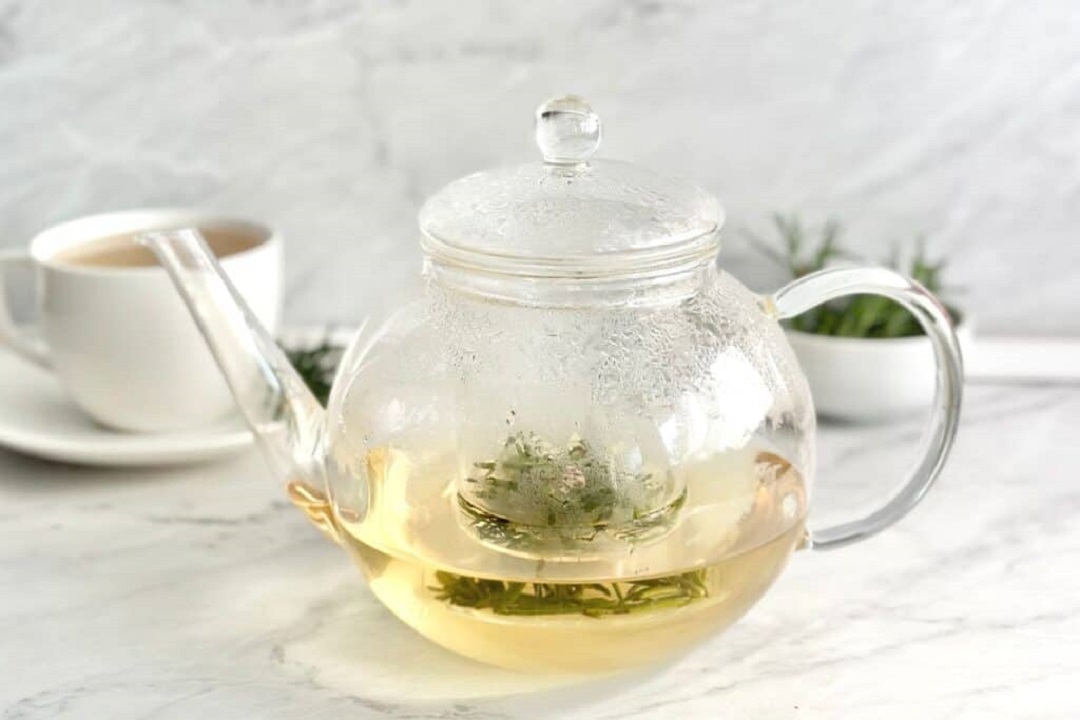How to Make Rosemary Tea
Picture yourself basking in the warm glow of the sun, surrounded by the soothing scent of fresh rosemary wafting through the air. Now, imagine capturing that essence in a comforting cup of tea. Welcome to the world of rosemary tea—an herbal elixir that not only tantalizes the taste buds but also offers a myriad of potential health benefits. In this guide, we’ll explore the art of brewing rosemary tea and uncover the secrets to unlocking its full flavor and therapeutic potential.
Harvesting Rosemary for Tea
Selecting Fresh or Dried Leaves
Whether you have a thriving rosemary plant in your garden or a bundle of dried leaves in your pantry, both fresh and dried rosemary can be used to brew a delightful cup of tea. If using fresh rosemary, harvest sprigs with vibrant green leaves for optimal flavor and aroma.
Washing and Drying
Before brewing, gently rinse fresh rosemary sprigs under cold water to remove any dirt or debris. Pat them dry with a clean kitchen towel or allow them to air dry for a few minutes to remove excess moisture.
Brewing Methods
Simple Rosemary Infusion
Ingredients:
- Fresh or dried rosemary leaves
- Water
Instructions:
- Bring a pot of water to a boil.
- Place a handful of fresh rosemary leaves or 1-2 teaspoons of dried rosemary in a teapot or heatproof mug.
- Pour the boiling water over the rosemary leaves.
- Cover and steep for 5-10 minutes, depending on your desired strength.
- Strain the tea and serve hot or chilled. Sweeten with honey or lemon, if desired.
Rosemary Lemon Tea
Enhance the flavor of rosemary tea with a refreshing hint of citrus by adding freshly squeezed lemon juice to your brew. Simply slice a lemon and squeeze the juice into your tea, adjusting the amount to suit your taste preferences.
Iced Rosemary Tea
For a refreshing twist on traditional hot tea, brew a batch of rosemary tea and let it cool to room temperature. Transfer the tea to a pitcher and refrigerate until chilled. Serve over ice with a sprig of fresh rosemary for a refreshing summer beverage.
Health Benefits of Rosemary Tea
Digestive Aid
Rosemary tea has long been used as a digestive tonic, thanks to its carminative properties that help alleviate bloating, gas, and indigestion. Sip on a cup of rosemary tea after meals to support healthy digestion.
Immune Booster
Rich in antioxidants and vitamin C, rosemary tea may help strengthen the immune system and protect against common colds and infections. Enjoying a daily cup of rosemary tea during cold and flu season can help fortify your body’s natural defenses.
Mental Clarity
The invigorating aroma of rosemary tea has been linked to improved cognitive function and mental clarity. Incorporate rosemary tea into your morning routine to sharpen your focus and enhance your productivity throughout the day.
Stress Relief
The soothing properties of rosemary tea make it an excellent remedy for stress and anxiety. Sip on a warm cup of rosemary tea before bedtime to promote relaxation and calmness, helping you unwind after a long day.
Respiratory Support
Rosemary tea’s aromatic compounds can help alleviate respiratory congestion and promote clearer breathing. Enjoy a steaming cup of rosemary tea when you’re feeling under the weather or experiencing nasal congestion due to allergies or colds.
FAQs About Rosemary Tea
Can I drink rosemary tea every day?
While rosemary tea is generally safe for regular consumption, it’s best to enjoy it in moderation to avoid potential side effects. Consult with a healthcare professional if you have any underlying health conditions or concerns.
Does rosemary tea have caffeine?
No, rosemary tea is naturally caffeine-free, making it a suitable choice for individuals looking to limit their caffeine intake or enjoy a soothing beverage any time of day.
Can I sweeten rosemary tea with sugar?
Yes, you can sweeten rosemary tea with sugar, honey, or your preferred sweetener to enhance its flavor. Experiment with different sweeteners and adjust the amount to suit your taste preferences.
Can I use rosemary tea as a hair rinse?
Yes, rosemary tea can be used as a hair rinse to promote scalp health, stimulate hair growth, and add shine to your locks. After shampooing, pour cooled rosemary tea over your hair and scalp, then rinse with water.
Can I store leftover rosemary tea?
Yes, you can store leftover rosemary tea in the refrigerator for up to 2-3 days. Reheat it gently on the stove or enjoy it chilled over ice for a refreshing beverage.
In summary, brewing rosemary tea is a simple yet rewarding experience that allows you to savor the essence of this aromatic herb while reaping its potential health benefits. Whether you prefer it hot or iced, sweetened or unsweetened, rosemary tea offers a delightful way to indulge in nature’s bounty and nourish your body and soul.












